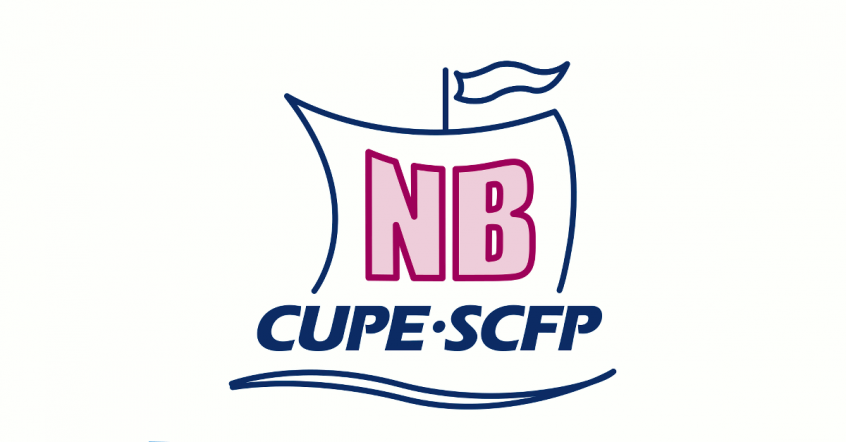MONCTON: The first-ever Eastern Municipal Conference wrapped up with another round of excellent speakers and a successful public event on CETA – the Comprehensive Economic Trade Agreement.
Mario Fontaine, president of Quebec Provincial Council for the municipal sector started the day off by sharing the experience of bringing Sherbrooke’s solid waste collection back in-house and gave concrete ways to fight back. He cautioned that although the private sector costs might look lower, once a municipality gets rid of their expertise and equipment, residents face cost increases.
Fontaine explained the campaign his local ran in Sherbrooke and said that to fight privatization, locals need to gather good information with accurate facts and figures. Locals must defend the services they provide through their collective agreements, by joining together with coalition groups, having a good relationship developed with media, and getting the public on our side.
Public joins members for CETA event
Conference attendees were joined by members of the public for a town hall meeting on CETA, the Canada-European Union trade deal being negotiated behind closed doors.
CUPE National President Paul Moist told the crowd of about 300 that as well as being an attack on public services, CETA is unlike any trade deal ever negotiated. “CETA is about access by the European Union to all levels of government and procurement, the services that all of our governments put out for tender. Be it federal, provincial, local government, crown corporations, public transit, airlines, health and social services – most things that were exempted from the free trade agreement with the United States and the agreement between Canada, Mexico and the United States – are being put on the table,” said Moist.
Intellectual property protection extensions in CETA mean that Canadians will pay almost $3 billion more annually for prescription drugs to protect European multi-national pharmaceuticals. “The people of Canada don’t want drug prices to go up, we want drug prices to go down through new and revised policies and a national pharmaceutical program provided to all Canadians,” said Moist to the applause of the crowd.
Ken Thompson, vice president of the Moncton and District Labour Council, shared the experience of the community of Moncton’s fightback against privatization of water ten years ago. “CETA will further erode our rights and public services, and take away local decision-making,” said Thompson. “Canada must implement a national water policy to curb the greed of the privateers.”
Council of Canadians National Chairperson Maude Barlow said that Europeans want permanent access to resources. “It’s a grab for diamonds, gold, oil, natural gas, uranium, potash, nickel, coal – and fish,” said Barlow. “Europe is seeking to remove export restrictions on raw fish and to gain full access by European companies to buy up fishing licenses currently restricted to Canadians.”
A recent study by the World Bank said that by 2030 the world demand for water will outstrip supply by 40 per cent. “Are we going to declare our water in the world to be a commons, a public and human right? Or are we going to put it on the market like running shoes or Coca-cola to the highest bidder?” asked Barlow. “CETA will enable resources like water to be a marketable commodity.” Participants were invited to sign a postcard opposing CETA. Pensions, water and political action
The afternoon ended with presentations by three more speakers. CUPE researcher Kevin Skerrett talked about pensions in today’s context, explained the differences between defined benefit and defined contribution plans, debunked pension myths, and suggested 10 pension strategies.
CUPE Nova Scotia President Danny Cavanagh spoke about water and the dangers of contracting out. “Water is a human right and should be guaranteed to all people. Water is vital to people’s health and our livability,” said Cavanagh. He noted that “the table has been set” and talked about our challenges in the face of contracting out.
New Brunswick Federation of Labour President Michel Boudreau was the final speaker. He spoke about political action and reminded delegates, “You are the only group who have the chance to elect your bosses.” Boudreau said that rather than spending your time trying to beat a few bullies, to spend your time electing others who will support you.
Marc Doiron, president of the Council of Municipal Employees of New Brunswick, said that almost 50 Locals were represented at the Eastern Municipal Conference. “We had good information about what’s happening – information that we don’t always have when we work in small municipalities – about privatization, CETA, pension plans. The more that we talk about it, the more we learn.” Doiron noted that the conference was relevant and valuable and they hope to hold another one next year.

